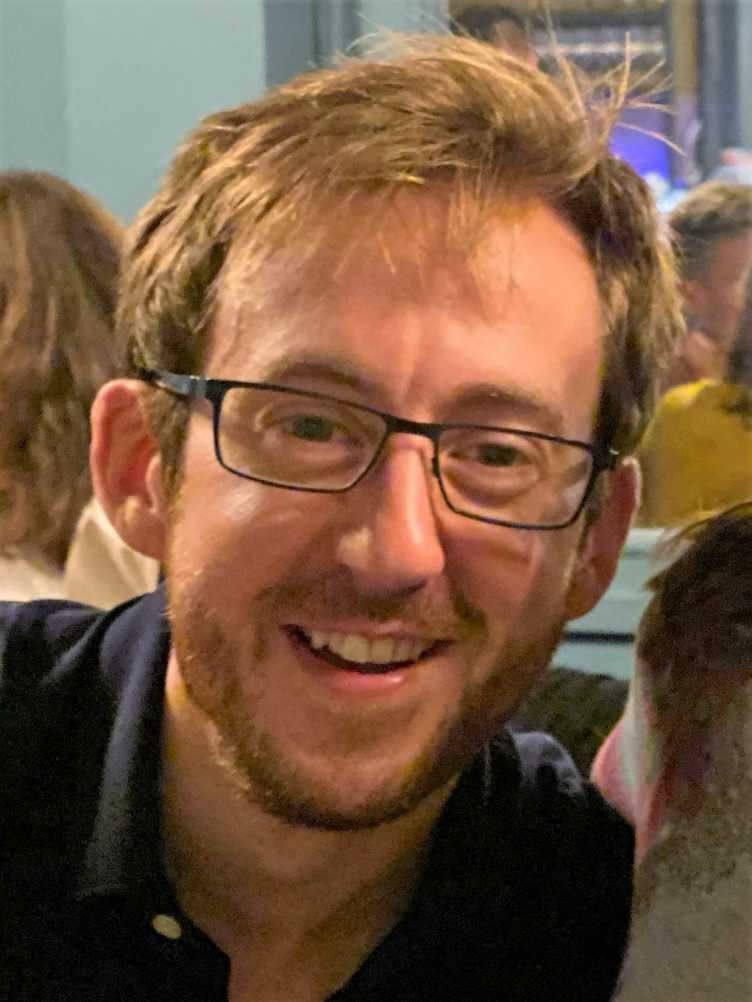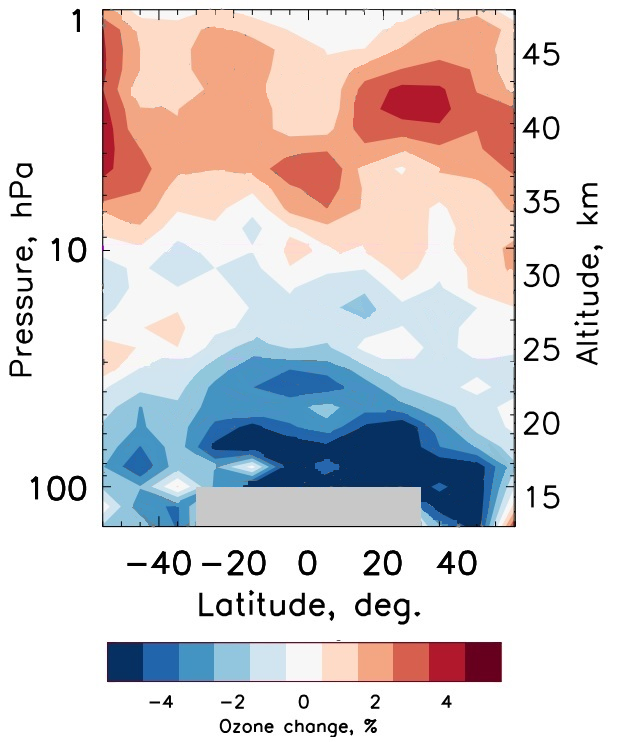In memory of William T. Ball
Our colleague and friend Will Ball died at the age of 39

Scientifically curious, sharp-witted, open-minded, honest, warm-hearted, and with a great sense of humour! That's how many of us would describe Will Ball, by the first impression he left us with that endured over time. Will's commitment to both science and to his colleagues has been an inspiration to many. Sadly, he left us forever on April 29, 2022—far too soon.
Dr. William T. Ball received his University degree in Physics and Mathematics from the University of Durham. He was then awarded a PhD in Astrophysics from the Imperial College in London. His dissertation, entitled “Observations and Modelling of Total and Spectral Solar Irradiance”, focused on magneto-hydrodynamic modelling of solar irradiance variability on daily to centennial time scales. From there, he moved on to Switzerland and to investigating the impact of irradiance changes on the Earth’s stratosphere and the ozone layer. Will pursued this topic for about five years, from 2014 to 2019, at both the Institute for Atmosphere and Climate Science at ETH Zurich and the Physical Meteorological Observatory in Davos (PMOD). In 2019, Will received an appointment as an Assistant Professor in the Department of Geosciences and Remote Sensing at TU Delft and as a Visiting Scientist at KNMI in De Bilt, both in the Netherlands. Sadly, within a few months of arrival, Will was diagnosed with cancer.

His most influential scientific achievement received widespread, international media attention in February 2018. He led an international research team that developed new algorithms that are arguably the most advanced means of reducing uncertainties in ozone composite data. This led to the discovery that—despite the undoubted success of the Montreal Protocol on Ozone Depleting Substances—ozone in the lower stratosphere had continued to decline at middle and tropical latitudes, where the vast majority of the world’s population lives. The response from the atmospheric community came promptly. Some scientists doubted the findings, as most global chemistry-climate models did not show such a sustained, worrisome decline. Others started to investigate possible reasons for the decline; a question that has developed into a major topic of research for the wider scientific community. Will’s outstanding contributions were crucial in assessing the ozone response to the 11-year solar cycle, resolving previous discrepancies across ozone composites, which led to his involvement in LOTUS - Long-term Ozone Trends and Uncertainties in the Stratosphere, one of many research activities led by the World Climate Research Programme. He also recently became involved in the WMO UNEP Ozone Assessment, the most influential report on the status of the ozone layer
His recent work also addressed the controversy in new estimates of spectral solar irradiance which indicated that solar cycle variability may be up to ten times larger than previously suggested by models and earlier observations. Through a novel approach combining ozone and solar irradiance science, he resolved the controversy by demonstrating that these large solar cycle irradiance changes are incompatible with ozone observations. This led Switzerland to nominate him in 2016 to the World Meteorological Organization as Young Scientist of the Year.
In October 2021, Will was awarded the “Dobson Award for Young Scientists” from the International Ozone Commission for his outstanding scientific achievements in atmospheric sciences and in recognition of his three articles entitled:
- “Evidence for a continuous decline in lower stratospheric ozone offsetting ozone layer recovery” (2018),
- “Stratospheric ozone trends for 1985–2018: sensitivity to recent large variability” (2019),
- “Inconsistencies between chemistry–climate models and observed lower stratospheric ozone trends since 1998” (2020).
With his commitment and dedication, Will has had a significant impact on the ozone and stratospheric research communities, opening new research avenues and spurring valuable discussion.
We, as Will’s colleagues in Switzerland, were privileged to work and spend time with him during a creative and productive chapter of his career. But most of all, we had the privilege of his friendship; his passion, dedication, and ability to bring people together will always serve as a true inspiration to us. Will, we thank you for the positive impact you’ve had on our lives, both professionally and personally. In thinking of you and your good sense of humor, we imagine you sitting up there together with Gordon Dobson and Alan Brewer, looking at our planet and at what we are doing, partly excited and partly amused. You will always be remembered and your scientific legacy will live on in our work.
Thomas Peter, Nir Bluvshtein, Gabriel Chiodo, Andrea Stenke, Louise Harra
For all of Will's colleagues at ETH and PMOD
Zürich, 6 May 2022